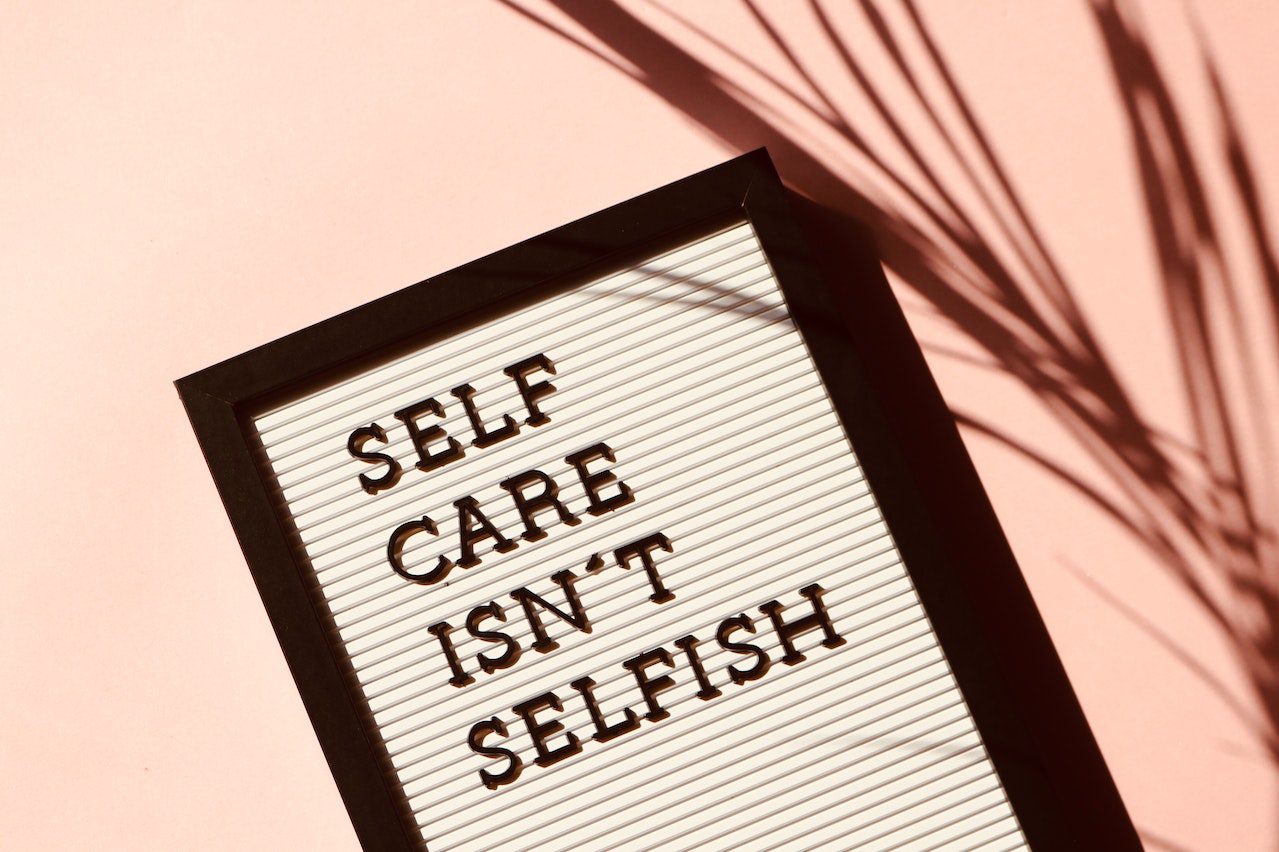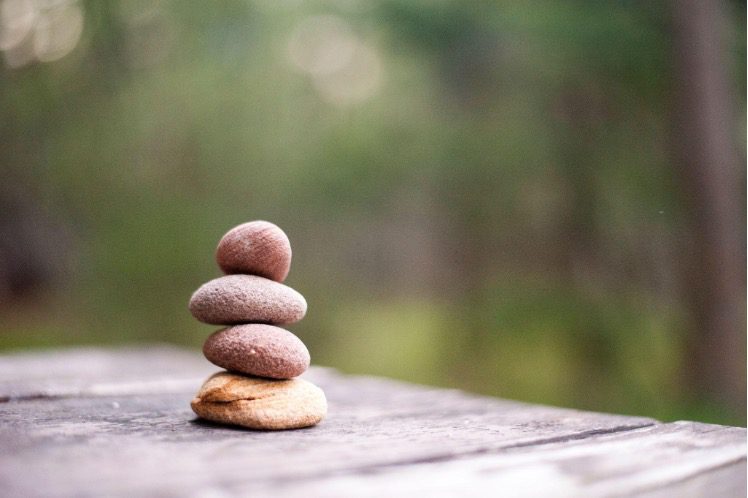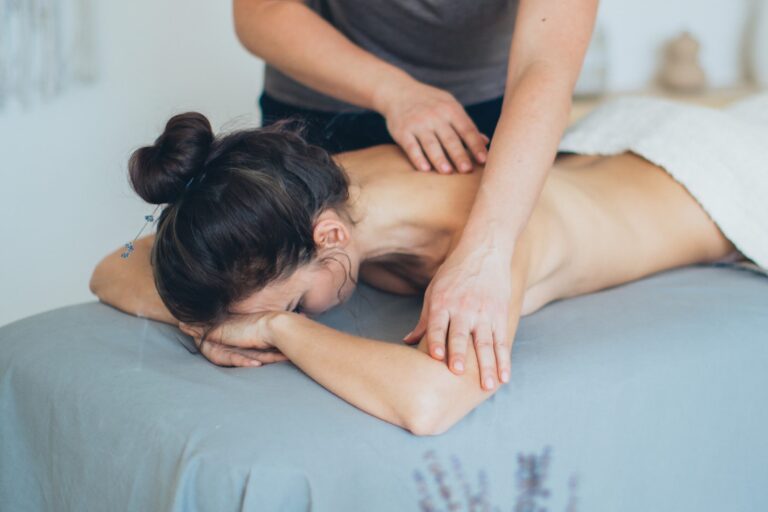Why is self-care so important?
Practising self-care helps you to reduce stress and anxiety as well as prevent burnout and the development of long-term health issues. It is key for maintaining your basic emotional, physical and mental well-being so that you build up resilience to life’s uncontrollable stressors.
As we have seen over the last couple of years, you never know what’s coming for you next! The unpredictable twists and turns of world events, neverending lockdowns, and a frequent atmosphere of chaos and lingering pandemic issues all contribute to our anxiety.
But instead of running through all the things, we can potentially fret about, let’s take a deep breath and focus on how we can manage it…
We learned the hard way that we can’t control what’s happening out there, and it’s even hard to control things in our daily lives. Anxiety and stress have become the new normal, but we shouldn’t just accept this. Unattended anxiety and stress can cause serious long-term health problems.
Self-care is the most effective way to combat anxiety and stress, and it helps maintain good mental health. Practicing self-care is not a selfish, indulgent luxury. It’s actually the opposite of frivolous – self-care is a powerful method to build resilience to whatever life throws at us, so we can take it in our stride.
You build personal resilience over time, by cultivating good habits into your daily routine that effectively ensure that you are looking after yourself and being kind to yourself.
Read on for a deeper understanding of self-care, and for 10 simple ways to reduce anxiety and stress, and build resilience through self-care.
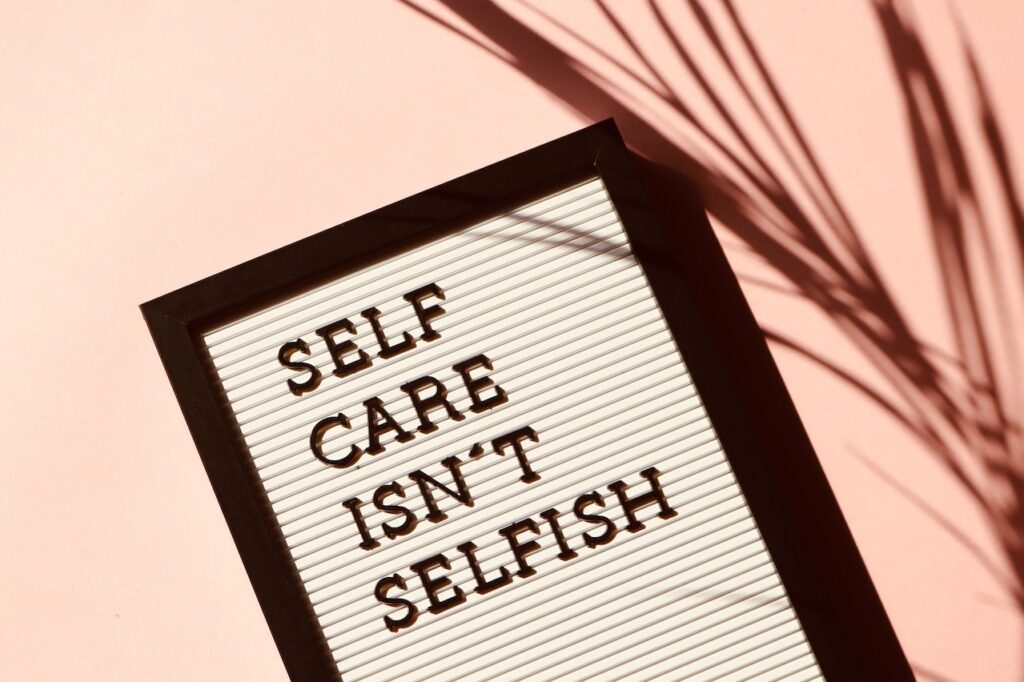

What is self-care?
“Self care is not self-indulgence, it is self-preservation” ~Audre Lorde
Self-care is more than just a bubble bath on a Friday night. In a society which is always expected to be ON, it’s not surprising that self-care has developed a stigma of being self-indulgent, needlessly pampered and dare I say it… a sign of weakness.
The stigma around self-care is part of the bigger stigma around mental health. But finally, we are starting to see some positive change on this front. Companies, schools, and even the World Health Organisation are waking up to the importance of mental health and self-care.
The World Health Organization (WHO) have been promoting the need for self-care in the last few years, as they recognize self-care’s power to prevent health issues, and also increase life expectancy.
In WHO’s 2021 published guidelines on self-care interventions, they define self-care as: “the ability of individuals, families and communities to promote health, prevent disease, maintain health, and cope with illness and disability with or without the support of a health worker.”
WHO see self-care as one of “the most promising and exciting new approaches to improve health and well-being” and we couldn’t agree more.
What are the types of self-care?
You can break down self-care into a few different categories. Here are the main 4:
Physical self-care is about fuelling your body with healthy foods and maintaining it through exercise and enough rest.
Emotional self-care is about having good mechanisms that help you deal with difficult emotions. Do you set boundaries and say “no” to things that may cause you unnecessary stress? Do you schedule activities that help you to process your emotions, like swimming, or a monthly massage?
Spiritual self-care is about checking-in with yourself and asking ‘do I have body and soul together?’ It is about connecting with the world around you in a deeper and more meaningful way. Attending a religious ceremony, meditating and spending time in nature are great examples.
Mental self-care is about keeping your mind sharp and curious. Puzzles might do it for you, a beginner’s photography course or just meeting up regularly with friends or doing volunteer work.
10 Self-Care Strategies you can do
1. Get regular sleep
Getting regular sleep is absolutely key. Routine bedtimes and wake-ups, knowing your sleep type and working around it can really help. Prioritizing a decent night’s kip over finishing the report for tomorrow or having one last glass of wine, and even having alcohol free weeks can do wonders for your sleep. Screen breaks
Screen breaks are not just good for your eyes, they help reduce stress and increase focus. It’s recommended to get up from your desk for 5-10 minutes every hour. Stretch, make a tea, meditate, go outside for a breath of fresh air and change of scene. Screen breaks are one of the most important and easy to implement self-care habits for office work-life. You can also try the Pomodoro technique, to chunk your day into bursts of concentration and regular breaks. Headspace and Calm are two of the best meditation apps that have short guided meditations you can easily do in the middle of the day.
2. Screen breaks
Screen breaks are not just good for your eyes, they help reduce stress and increase focus. It’s recommended to get up from your desk for 5-10 minutes every hour. Stretch, make a tea, meditate, go outside for a breath of fresh air and change of scene. Screen breaks are one of the most important and easy to implement self-care habits for office work-life. You can also try the Pomodoro technique, to chunk your day into bursts of concentration and regular breaks. Headspace and Calm are two of the best meditation apps that have short guided meditations you can easily do in the middle of the day.
3. Learning a new skill
Learning a new skill is great for your mental well-being and also for connecting with new people (connection is another aspect of self-care!) Learning with Experts provides a whole host of online courses from jewellery to photography. The Open University offer flexible and remote degree courses and diplomas.
Meetup is another excellent way to explore yourself through group activities and hobbies. You can try writing groups, drama, sewing, pottery, hiking… the list goes on!


4. Exercise
Exercising regularly makes you feel fab because moving your body releases a lot of powerful endorphins.
Especially beneficial is exercise that satisfies not only your physical well-being (like going for a stress-busting run) but lower impact activities that also help improve your posture and encourage mindfulness. Pilates is great for stress relief, copying with pain, improving posture, and it’s suitable for all ages.
5. Reiki
Reiki is an energy-based therapy that help to relieve stress and improve your wellbeing. It is a Japanese alternative medicine that works by the practitioner transferring the “universal energy” to the patient through a technique called “hands-on healing”.
6. Reflexology
Reflexology is also a form of energy healing but this time the energy is transferred via an application of pressure to different points of the feet. The idea is that different bodily organs correspond to parts of the feet, so you can help alleviate pain for many different conditions, and treats your whole body both emotionally and spiritually.
7. Acupuncture
Acupuncture is a form of traditional Chinese medicine and involves inserting sterile thin metal needles into different parts of the body.
It works on the principle that the human body has more than 2,000 acupuncture points connected by pathways. These pathways create an energy flow – Qi – through the body which is what determines your overall health.
By applying acupuncture through needles to certain points, you improve the flow of Qi, restoring balance and triggering the body’s natural healing response. Acupuncture is very effective for relieving back pain, treating digestive issues, injuries, and many more ailments. Find out more here.
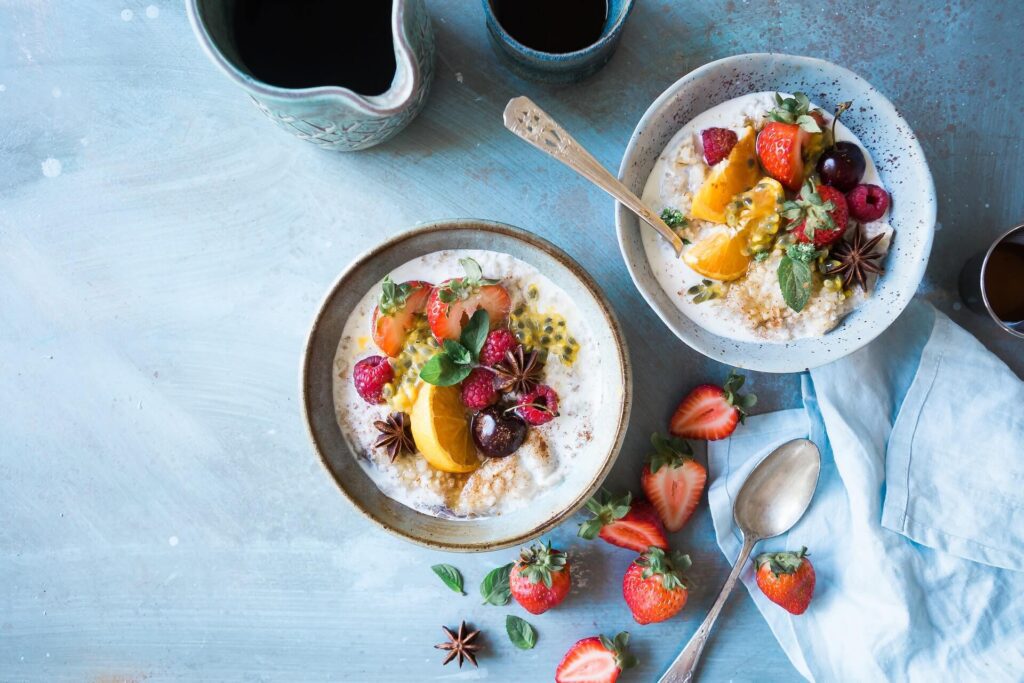

8. Nutrition
Nutrition is essential not only for health but for feeling good in yourself. Making an effort to swap out the ready meals for healthy home-cooked food will do wonders for improving not only your physical health but also your energy levels and mood.
Cooking is also a creative outlet and a skill that can bring a lot of joy as it gives an almost instantaneous reward. It is a passion and skill that you can be developed and perfected your whole life. But why not start now?
If you find the infinite number of recipe books on the market overwhelming, and still feel you have a lot to learn about nutrition, then why not try a booking an Ayurvedic consultation that will help you find the right foods to nourish your body and bring it back into balance.
9. Social self-care
Schedule time to connect with people is hugely important… if all those lockdowns taught us something it’s that meeting with friends and family, or just random people to have a chitchat with is hugely important for your wellbeing.
If you are new to a place and short of connections, alongside new hobbies you can try Meetup groups for people specifically looking just to connect with new people.
Our therapists often say that their clients really value just chatting with them, before they’ve even started treatment. That’s why one of our therapists, Nikki, from An Orange Dragonfly runs Catch up Chats – where you can meet to just have a chat and a hand and arm massage.
10. Monthly massages
May sound like a luxury but if you can afford to treat yourself once a month then the benefits definitely outweigh the costs. As well as total body relaxation, they help relieve anxiety and stress, improve your sleeping habits and mood, and increase blood flow and circulation.
There are many different kinds of massage, and it can be exciting to try a few and find out what works best for you – from aromatherapy to hot stone massage – there’s a world of possibilities out there!
Self-care, like most things, needs to be tailored to the individual. It might take you a bit of time and exploration to find the self-care outlet that really works for you. But for the sake of your stress levels, anxiety, building resilience and your long-term health, it is important to go on that journey of finding ways to look after yourself and be kind to yourself. You can take it in small steps – pick one of the ten self-care techniques listed above and put it into practice today, we promise It will make you feel good 🙂
Why not start prioritising your self-care and schedule some time to heal, relax and nurture yourself. Our therapists offer a range of massage treatments, Reiki, Reflexology, Acupuncture, Ayurveda consultations, and a host of wellness packages. Check out our therapist pages here.
